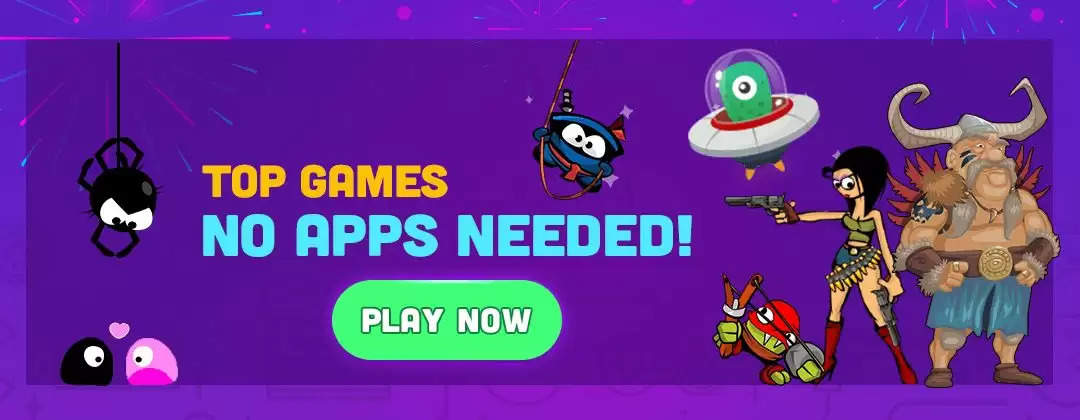Australia to Ban Social Media for Kids Under 16: New Law Aims to Protect Youth

Australia is likely to pass a game-changing law designed to shield children from the potential dangers of social media. Prime Minister Anthony Albanese revealed on Thursday that the government intends to prevent children under the age of 16 from using major social media platforms such as Facebook, Instagram, and TikTok. The decision comes in response to growing worries among parents, mental health specialists, and lawmakers about social media's detrimental effects on young people.
Albanese's announcement made it apparent what the government's goal was. "This one is for the mums and dads," he told me. "Social media is doing real harm to kids, and I'm calling time on it." The Prime Minister noted growing worries about how these platforms expose children and teenagers to unpleasant information, unattainable beauty standards, and cyberbullying—all of which have been connected to an increase in anxiety and sadness among young users.
The proposed rule would impose tight age limitations on social media, requiring tech companies to prevent youngsters under 16 from using their services. Companies that fail to comply may face significant fines, making the rule an important step towards holding social media companies accountable for the safety of their youngest users.
While social media platforms have long been a part of many kids' life, studies have shown that excessive use of these sites can be damaging to mental health. Children can be exposed to dangerous content, such as violent movies or explicit photos, and many struggle with the pressure of comparison, particularly in terms of body image. These difficulties have become so serious that many parents and healthcare professionals have urged governments to intervene and take action.
The new bill would be tabled in Parliament later this month, and if passed, social media corporations would have one year to make the required changes to comply with the ban. This means that platforms such as Facebook, Instagram, and TikTok would need to implement methods to check users' ages and prevent children under 16 from signing up or accessing their services.
However, some critics dispute whether the age restriction is reasonable and enforceable. Tech analysts have noted the difficulties in accurately validating users' ages online, particularly given how readily some children can circumvent these systems. There is also concern that the restriction will create a "digital underground" in which children find ways to circumvent the laws and access sites.

Despite these obstacles, the government maintains its position, emphasising that the law is required to safeguard young people from the risks of social media. "We have to prioritise children's safety," Albanese stated.
The law is unlikely to affect all internet outlets. Educational resources like YouTube, which are frequently used by children for education and learning, will most likely be spared from the restriction.
As the legislation progresses through Parliament, it becomes evident that Australia is taking a major step forward in the global debate over social media regulation and child protection. It is unclear whether this new approach will be effective in restricting young people's exposure to hazardous web information. For the time being, it's a positive move for many parents who want to see action taken on this critical subject.
--
